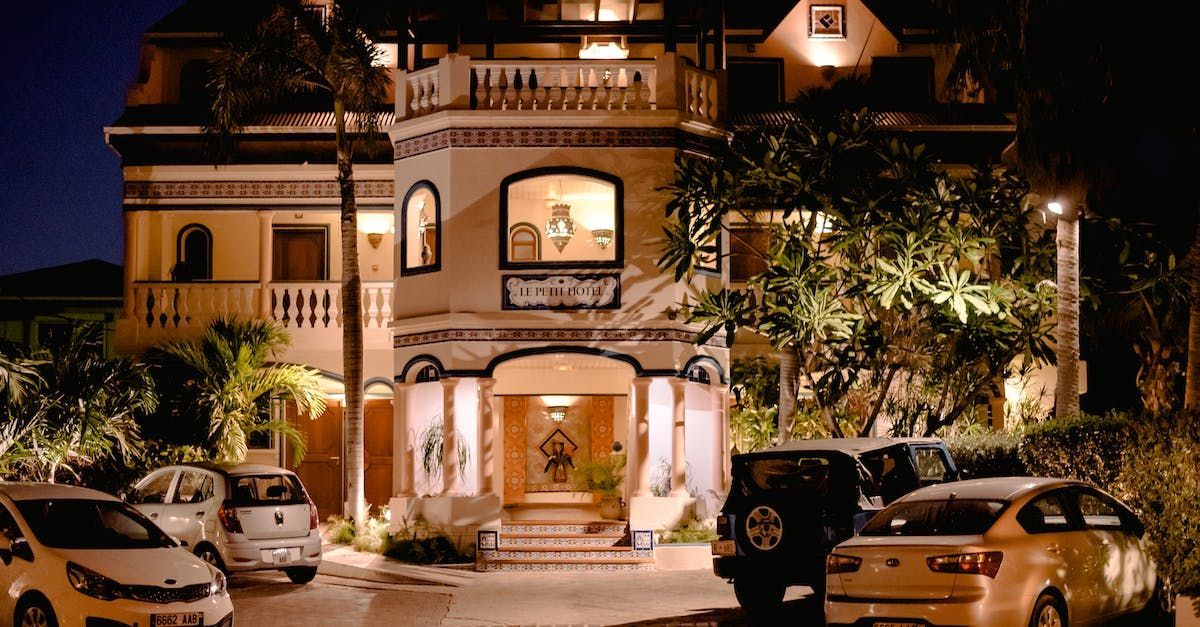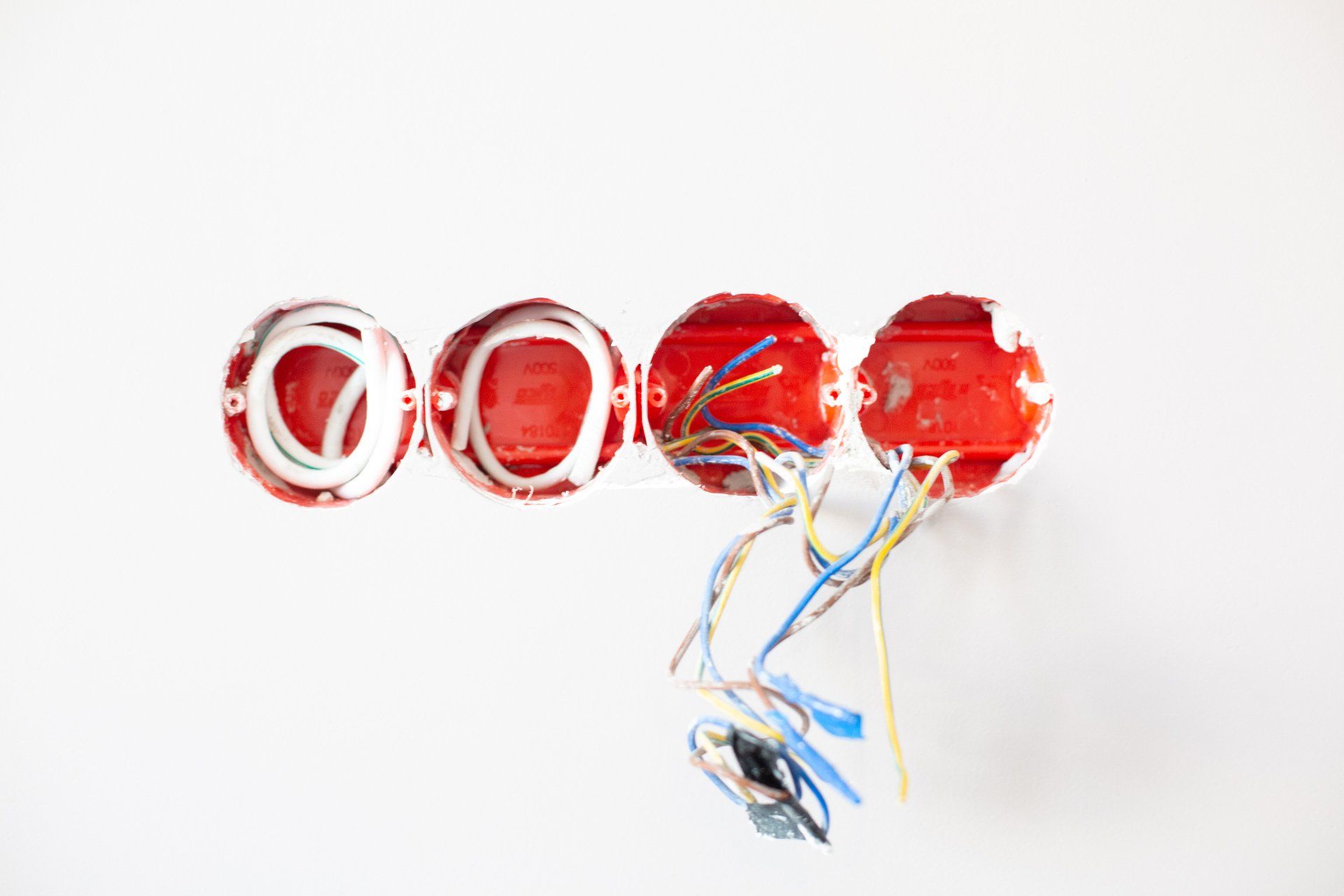The Importance of Grounding in Electrical Systems

When it comes to electrical systems, safety should always be a top priority. One crucial aspect of ensuring electrical safety is proper grounding. Grounding plays a vital role in protecting against electrical shocks, minimizing the risk of electrical fires, and safeguarding electrical equipment. In this blog post, we will explore the importance of grounding in electrical systems. By understanding its significance and implementing effective grounding practices, you can create a safer and more reliable electrical environment.
What is Grounding?
Grounding, also known as earthing, is the process of connecting electrical equipment, circuits, and appliances to the earth or a grounding system. It involves establishing a direct path for electrical currents to safely dissipate into the ground. Grounding typically involves the use of grounding conductors, grounding electrodes, and grounding systems.
Protection Against Electrical Shocks:
One of the primary reasons for grounding is to protect individuals from electrical shocks. In a properly grounded system, if a fault or electrical surge occurs, the excess electrical current is directed to the ground, effectively minimizing the risk of electric shock to people who come into contact with the equipment or circuit. Grounding provides an alternative path for the current to follow, diverting it away from individuals.
Prevention of Electrical Fires:
Grounding plays a crucial role in preventing electrical fires. In the event of a fault, such as a short circuit or electrical overload, a properly grounded system ensures that the excess electrical current flows directly to the ground, preventing the buildup of heat and reducing the risk of fire. Grounding helps protect electrical wiring, appliances, and other components by facilitating the safe dissipation of excess electrical energy.
Equipment and Appliance Protection:
Grounding is essential for the protection of electrical equipment and appliances. It helps to stabilize voltage levels, minimize voltage spikes, and provide a reference point for proper electrical operation. Grounding can prevent damage to sensitive electronics, extend the lifespan of electrical equipment, and reduce the risk of equipment malfunction or failure caused by electrical disturbances.
Surge and Lightning Protection:
Grounding is particularly crucial for protecting against power surges and lightning strikes. A properly grounded system can effectively redirect the high voltage from lightning strikes or power surges to the ground, preventing damage to electrical equipment and reducing the risk of fire. Surge protectors and grounding techniques work together to provide comprehensive protection against transient voltage events.
Compliance with Electrical Codes and Standards:
Proper grounding is not only essential for safety but also a requirement in electrical codes and standards. National and local electrical codes specify grounding practices to ensure electrical systems are installed and maintained in a safe and reliable manner. Compliance with these codes is essential for the well-being of individuals and for legal and insurance purposes.
Grounding is a critical aspect of electrical systems, offering protection against electrical shocks, preventing fires, and safeguarding equipment. It is important to understand and implement proper grounding practices in your electrical installations. Consult with a qualified electrician to ensure your electrical system is effectively grounded, comply with electrical codes, and promote a safe and secure electrical environment for yourself, your family, and your property. Remember, electrical safety is everyone's responsibility.












